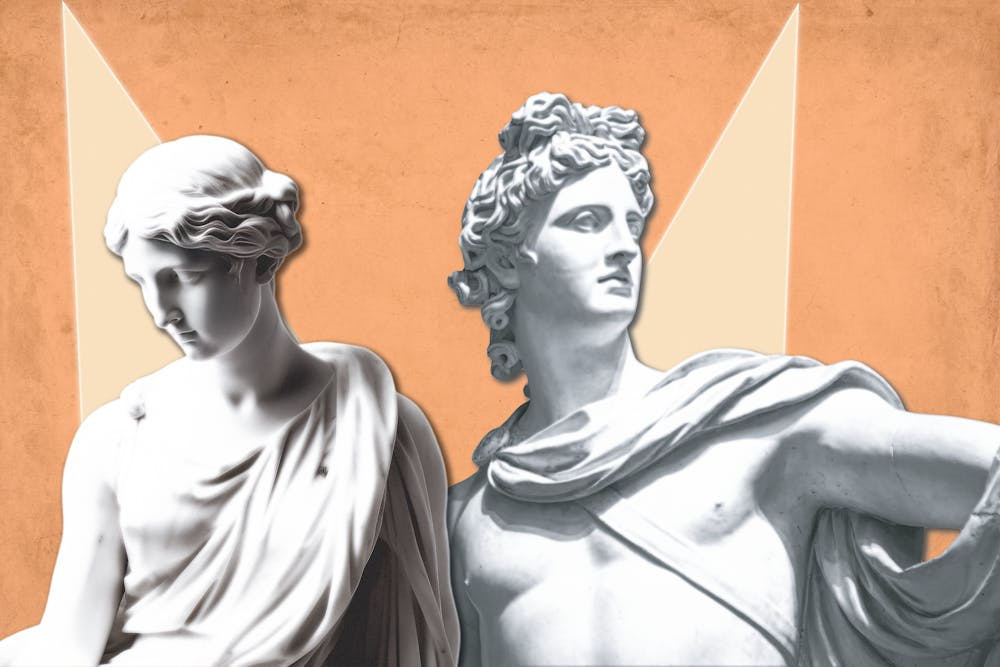Between three humanities departments, the tragic story of a woman who gave her life for her husband is taking center stage — ancient Greek dramatist Euripides’ story of Alcestis.
Leading up to April 8, when the stage reading will take place in Person Hall, Kari Lindquist, a Department of Music graduate teaching assistant, the Department of Classics and the Parr Center for Ethics are putting on this lesser-known Greek tale with the hopes of bringing together the community and confronting topics like injustice and loss.
The story follows Greek King Admetus as he grapples with the sacrifice his wife, Alcestis, made for him. In a deal struck with Admetus, the Greek god Apollo allowed any one person to take Admetus' place in death, as long as they agreed — the only person who did so was Alcestis.
“His parents aren't willing to do it, even though they're kind of advanced in age,” Al Duncan, an assistant professor of classics and collaborator on the production, said. “And then while he's out asking, and the play is ambiguous on this point, his wife volunteers and says, 'I will die on your behalf.'”
The play attempts to answer questions of genderroles, differences in age, social debt and selfishness. Duncan said it is, overall, an ethically soaked text .
He said the narrative is not only one of substitution, but also how lives are assigned value.
“I think it's always a very healthy attitude to accept, or to take, to see 'What if I were to trade spaces with somebody, walk a mile in their shoes,'” he said. “How would that force me to rethink some of the assumptions about people's value and relative value that we just make subconsciously every day?”
Lindquist, the project leader of the program, said she was looking forward to discussing "Alcestis" with the community. They will be hosting various public events, such as readings and lectures, both on and off campus prior to the April 8 stage reading.
“We put out a general call for people who wanted to participate,” Lindquist said. “We have a cast of actors with all sorts of different experiences.”



